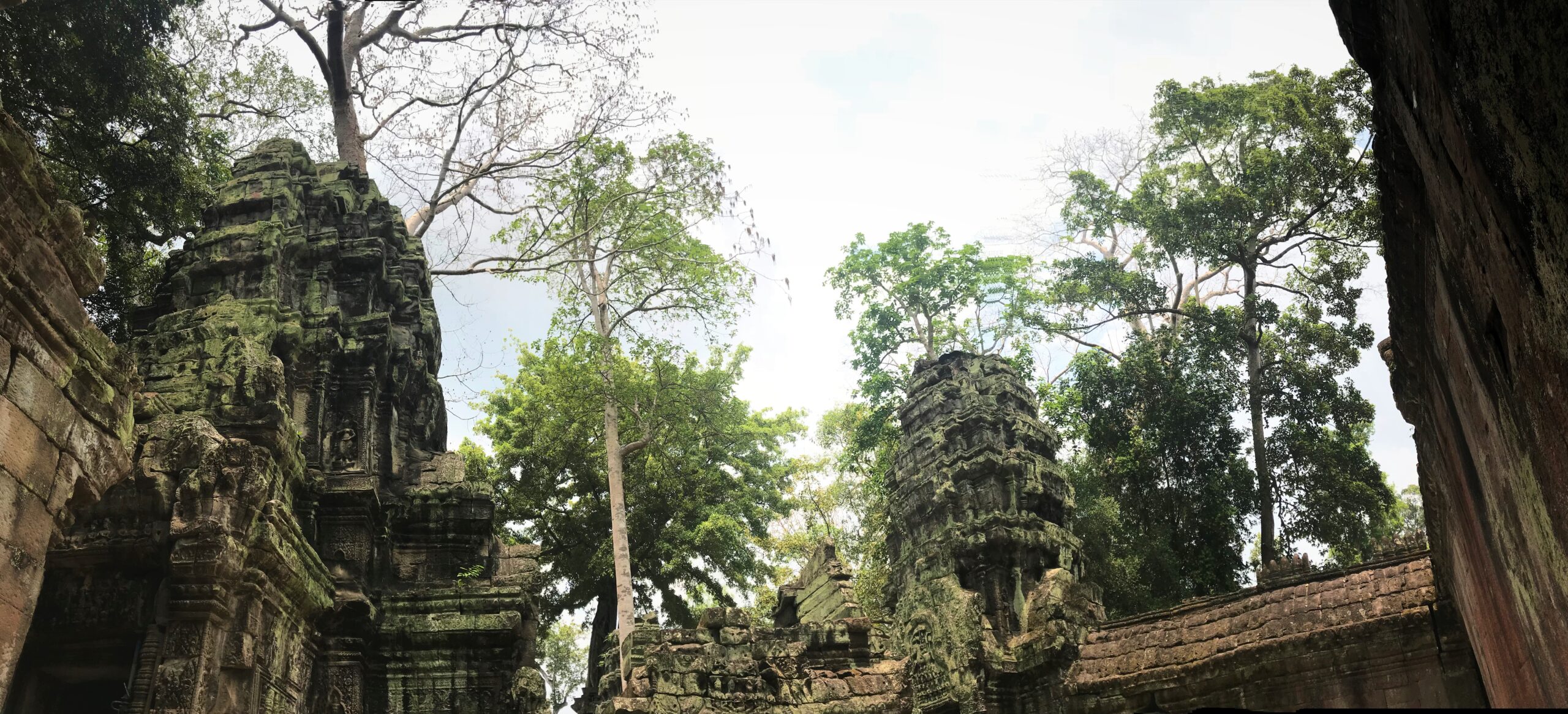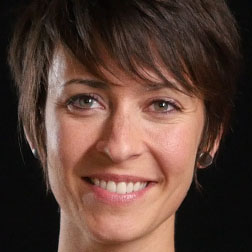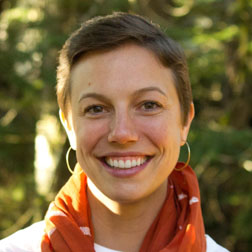The Condors
“Dead condor chicks have been found with stomachs stuffed with cigarette butts, lighters, and plastic shards. Adult condors forage for bone fragments and calcium-rich shell to feed their babies, but inadvertently find and regurgitate plastics and trash into the mouths of their hungry nestlings, inevitably killing them.”
I was sitting in a small cafe in Big Sur, California this spring with my father on a road trip when I read this in the local paper. My heart broke clean open. I was consumed by my feelings of helplessness, devastation, love for these birds trying to raise their young, and intense frustration about the harm our human species inflicts on other life. The documentary Albatross released earlier this year addresses a similar issue, which powerfully impacted many viewers.
As is the case for many of us I think, feelings of overwhelm and horror towards the destruction of our natural world beg some kind of response that is not easy to locate. We are dealing with intractable systemic issues, far bigger than anyone of us, and yet, we cannot ignore our complicity. At the very least, we are called to question: What can I do? Who should I be in the face of this?
In my own experience, reconciling with my limitations is an uncomfortable but necessary part of this inquiry. This includes accepting the limits of what I can physically undertake (with my two eyes, two hands, one heart, one mind), my need to support myself and stay sane, and the fact that one day, just like everyone else, adult and baby condors included, I too will pass away.
Knowing this, I am directed squarely into the present moment. What can I stand for in the here and now that is meaningful in and of itself?
As a peace and conflict transformation specialist, one of my primary concerns is coexistence: how can we awaken us to our one-ness and live in a way that honors the unity and diversity of life?
The principle of interdependence is something I can fully be for, beyond my existence in this current lifetime. This means grasping that my actions impact others in the system; that my lifestyle is not divorced from the livelihood of other beings. And, as I make choices, I seek to find fulfillment in the here and now, that is, experiencing ethical acts as satisfying in and of themselves.
Enacting Legacy in the Now
In order to authentically and honestly relate to our current predicament on this earth, we must sincerely accept the truth of our mortality. We must let go of the dreams of security and permanence. Not easy for a human civilization that has predicated so much meaning and achievement on immortality projects. Yet, creativity and destruction are hand in hand; in each moment as the world is coming alive, it is also passing away. As is the case with our very lives.
Accepting this does not condone the wanton human destruction that expedites the killing of our natural world. But by freeing ourselves from the delusion that we will not die – from the misconception that our great pyramids and skyscrapers won’t one day be consumed and transformed by the earth – we create more freedom to do what is right based in the present. Our death can inspire us to consider legacy now, from the point of view of principles.
Some expressions of this might include the desire simply to promote life, or perhaps to promote freedom or choice, or to alleviate suffering for all beings. Despite the heartbreak, fear, or grief we might experience, living from principles means we treat life as an incredible gift that we get to experience each and every day that we wake up and open our eyes. Acting from profound gratitude for all that we have can guide us towards exercising choices that are in integrity with our humanity, and self-fulfilling in the very moment.
This approach calls us to be clear about the ways our choices are influenced by our long-term priorities. We also need astute and healthy relationships to our short-term returns, rather than relating to them in a desperate or myopic way. It’s probable that we will not see what we want in our lifetime.
If we demand that change happen as fast as possible – the way we want our food delivery or our internet connection – we are likely to be discouraged. When outcomes don’t match the vigor and persistence of our efforts, or when progress gets turned backwards, it’s easy to get trapped in the sense that we have failed, that we are not getting there fast enough. Or worse, that we ourselves are somehow not enough.
Since the universe naturally creates through a process of both innovation and resistance, being an agent of any kind of meaningful change involves recognizing both our inherent enoughness and our natural limitations. We can learn to maintain a commitment to our principles over time, without depending on the short term results to keep us motivated. In one of my favorite passages from the ancient Bhagavad Gita, Krishna says to Arjuna, who is disheartened and fearful about the enormity of the challenges that lie ahead of him:
“No effort in this world is lost or wasted;
A fragment of sacred duty saves you from great fear”
Without the need for the desired end to justify the means, we are able to do our work from a place of compassion without a distress signal in the brain. We can recognize our true function: to be of service towards the principles we believe in, and take actions that affirm that where possible, without attachment to outcomes.
No Enemies
Sometimes the resistance will be represented by ‘enemies’ we can identify, who thwart our plans and seem to stand in the way of our moral progress. Sometimes they won’t be so identifiable. In either case, the feeling that there is something profoundly wrong and that there is someone to blame will sap our energy, break our hearts, call for stronger armor and tempt the use of more aggressive weaponry.
As Charles Eisenstein points out, the pattern of hate and blaming enemies brings unwanted consequences. The knee-jerk ascription of blame running through mainstream media and common opinion directed towards Brazilian President Jair Bolsonaro or the cattle ranchers burning the Amazon rainforest can divert focus away from the fullness of emotional response, which may include grief and fear. Making ourselves available to the greater complexity present may illuminate larger systemic issues: for example, the psychological surround that conceives of the earth as predominantly a supplyhouse and sewer, or the economic orientation towards growth that shapes political polarization on such issues.
Widening our aperture from zooming in solely on the ‘bad guys’ allows us to access a fuller range of tools at our disposal. The ‘other’, no matter how belligerent or unreasonable they may seem, plays an important function in the creative evolution of our universe. Preservation and progression must act in balance. So rather than fight with force, what else could be explored as an avenue to create change? In Japan and China, the Buddhist goddess Kannon Boddhisattva is sometimes depicted with a thousand arms – each hand holding a tool to alleviate the suffering of the world. At times, our work will include speaking truth to power, including disruption, protest and hard negotiation. At other times, our work will be silently bearing witness to the suffering of another with full presence and tenderness.
No-Matter-What Commitment
At a time when our future is deeply uncertain, creating a more nuanced commitment to principles, outcomes, and our own mortality will liberate much energy for what is right in daily actions available to us. By sourcing and applying a more unconditional compassion to challenging circumstances, we can activate what Terry Patten calls our no-matter-what commitment. Even through the tenderness of our pain or exasperation around our limitations, we promise to stay sincere to what is true and what is good each time we meet our ethical choices in the everyday.
When I worked with the Quaker United Nations Office in our humble office in Manhattan, there was a poster on the wall that I would pass every day sharing a quotation from Mahatma Gandhi: “The means are the ends in the making”. The way we do our work is integral to what comes forth as a result. I later learn that Gandhi developed this further by asserting that while we always have control over the means, we do not have control ultimately over the end. He also professed that he felt our progress towards the goal would be in exact proportion to the purity of our means. Applying this thinking to the circumstances of suffering that we encounter and will continue to encounter in this life, compassion regardless of consequences is both an end in and of itself and a powerful reflection of the integrity of our approach as we seek to change and heal our world.
The Practice:
Accept your finitude and let go of the need to see short-term results
The first step is to notice our limitations, and accept our mortality. Do not push away deep desires to see things differently, or our feelings of pain, sorrow or anger that arise in response to the world’s challenges. Feel for the wisdom in these emotions – whether alerting you towards injustice, or signaling to you what you deeply care for and seek to protect – but seek not to get consumed by them. Rather, take them as to data to inform your experience in the world and what’s true for you.
From that place we can ask more honestly: What do I want to create instead? Who can I be through my actions, relationships, to my community, in my life, and in service of future generations? In other words, what is the legacy I hope to leave behind?
This envisioning applies to all domains, including our relationships with others, with our self, to our work, and to our environment.
No enemies
Notice where the constriction points are in a given conflict. Who are the ‘enemies’? What are the greater forces or systems that they represent? Are you able to find what’s right about their position or demand? This wider process of humanization will allow for more creative frames of meaning that go beyond antagonistic opposition, and provide more routes through which to connect and potentially effect change.
Embody principles in the everyday
Make conscious choices about what principles you stand for in the long term: choose the specific values you want your legacy to align with. And then from that commitment, let go of the need for short-term results to justify your position, while understanding that it is only within the present moment that we can utilize opportunities to take actions that support and participate with that vision.
As a little snapshot from my own life, one of my favorite Christmas day memories in Malaysia was after finishing our family meal, taking a walk on the local beach and collecting garbage, filling six bags between us. These days, I find myself regularly collecting odd scraps of trash from the beach in Southern California where I live now, not wanting them to end up in the bellies of wildlife, from birds to sea creatures. Why not just make this a basic way of life? I can drop my anger and helplessness right now in the simple act of bending over and picking up the waste that I see around me wherever I go, any day I find it. The right back pocket in my jeans has now become ‘trash-pocket’ and I know not to tuck my phone or food there. I know my small actions symbolize and promote what I want to uphold in the world from the perspective of principles. Picking up these scraps of trash at times feels just as worthy as the work I was doing in New York seeking to influence international peace policy. All practices that lead from compassion allow us to be of service where we can, from a place of love.
We only ever have the present day in which to live our ethics and express the values that are deeply written on our hearts, the ones that we wish to see stretching out way into the future beyond our lifetime. Where are the tension points in your own experience of dealing with an uncertain future? Could creating more nuance in how you perceive short-term outcomes and long-term dreams support your potential to act congruently with your ethics in the every day? The next time you find yourself discouraged and feeling defeated, I invite you into your own inquiry, to deepen intimacy with your own no-matter-what commitment, and your ethical compass that orients you towards your greatest values beyond this lifetime.
Kimberly Loh is an author, coach and peace specialist working to foster conflict transformation and ethical leadership. Her work includes international peace research at the United Nations, post-graduate conflict resolution at Columbia University, and coaching and consulting with individuals, leaders and teams to deepen our potential to connect and create change. She began her career as a lawyer in London and Singapore, holds a masters in negotiation and conflict resolution, and is a lifelong student of meditation and embodiment. Learn more about her work at www.kimberlyloh.com



